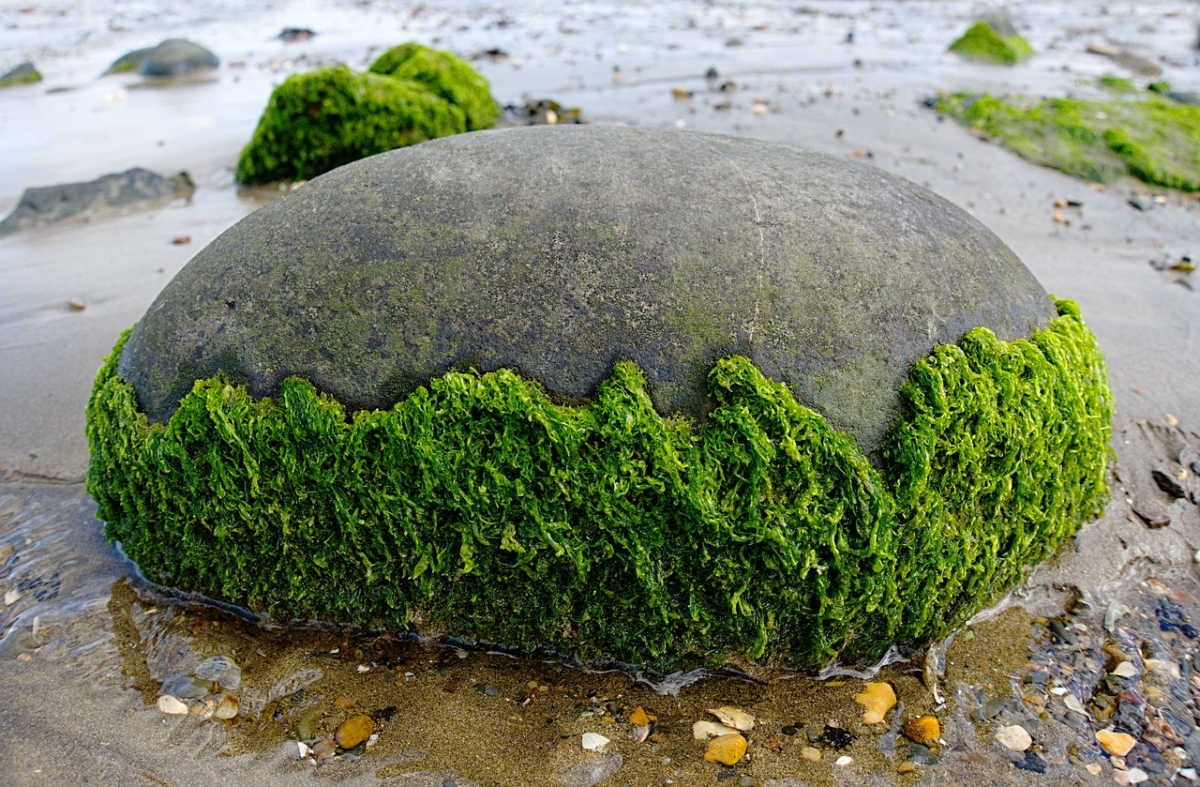The multidisciplinary COST Action Phycomorph just published the guide PEGASUS – Phycomorph European Guidelines for a Sustainable Aquaculture of Seaweeds. The document describes the current state of the European seaweed production and identifies challenges for the development of this sector in Europe. 
These guidelines are on best practices, legislation and regulations that currently apply to the production with a focus on consumption seaweed. It also proposes a state of the art of the current scientific knowledge regarding the biology and physiology of seaweeds, potential pest and disease breakouts, and industry needs. PEGASUS strongly supports aquaculture practices that guarantee a high level of preservation of the European wild environment and biodiversity.
Seaweed are plant-like organisms, playing a key ecological role in coastal ecosystems: support of food web, coastal protection of erosion, bioremediation by removal of nitrogen or phosphate and possible pollutants and CO2 sequestration. Although European marine flora displays one of the highest species-diversity levels in the world, its commercial production is still in its infancy, with only 1% of the world’s production from which less than 1% was coming from aquaculture in 2016. Interest in seaweed-based industrial applications is on the rise. The estimated value of the global seaweed production industry is more than 8B€ (for 30Mt) and is continuing to expand.
Seaweed are thus a promising bio-resource and the demand for high-value seaweed-derived compounds (such as cosmetics or food) is growing in Europe. However, the European production lags behind Asian countries despite its large exclusive economic zone, its high seaweed biodiversity and its international leadership in fundamental research on seaweed genomics, genetics and cutting-edge techniques.
For further information see https://ec.europa.eu/jrc/en/news/new-guidelines-sustainable-european-seaweed
